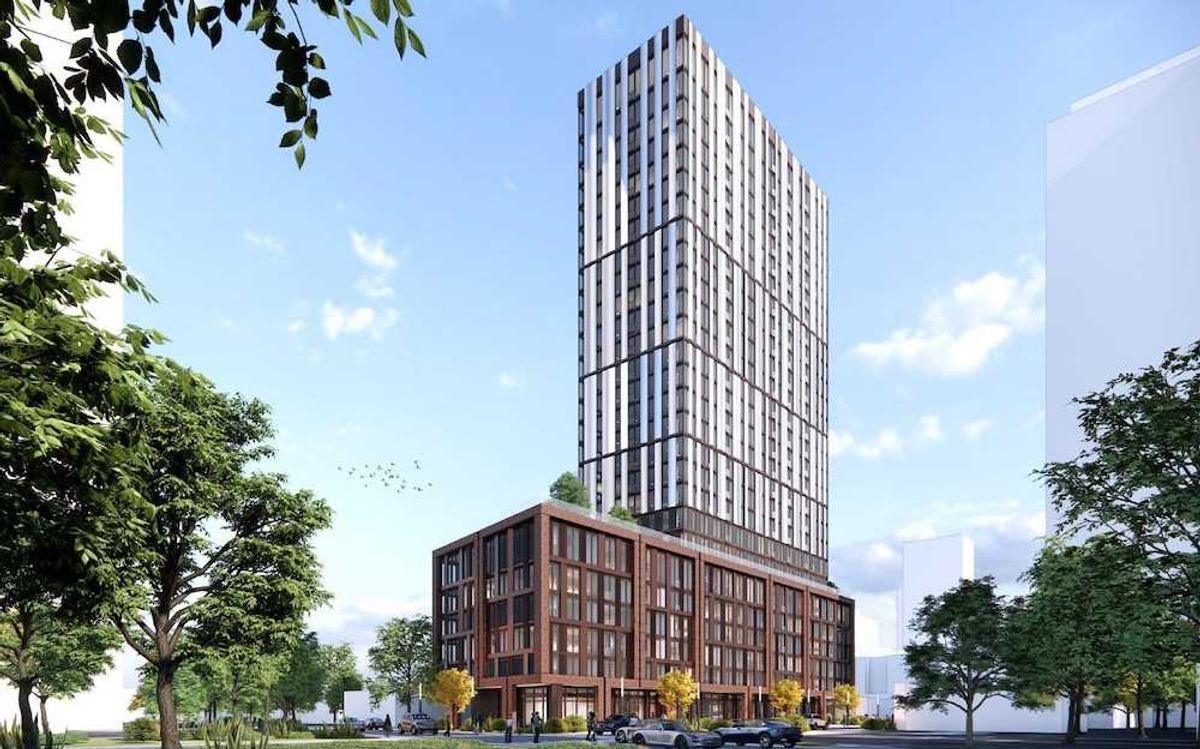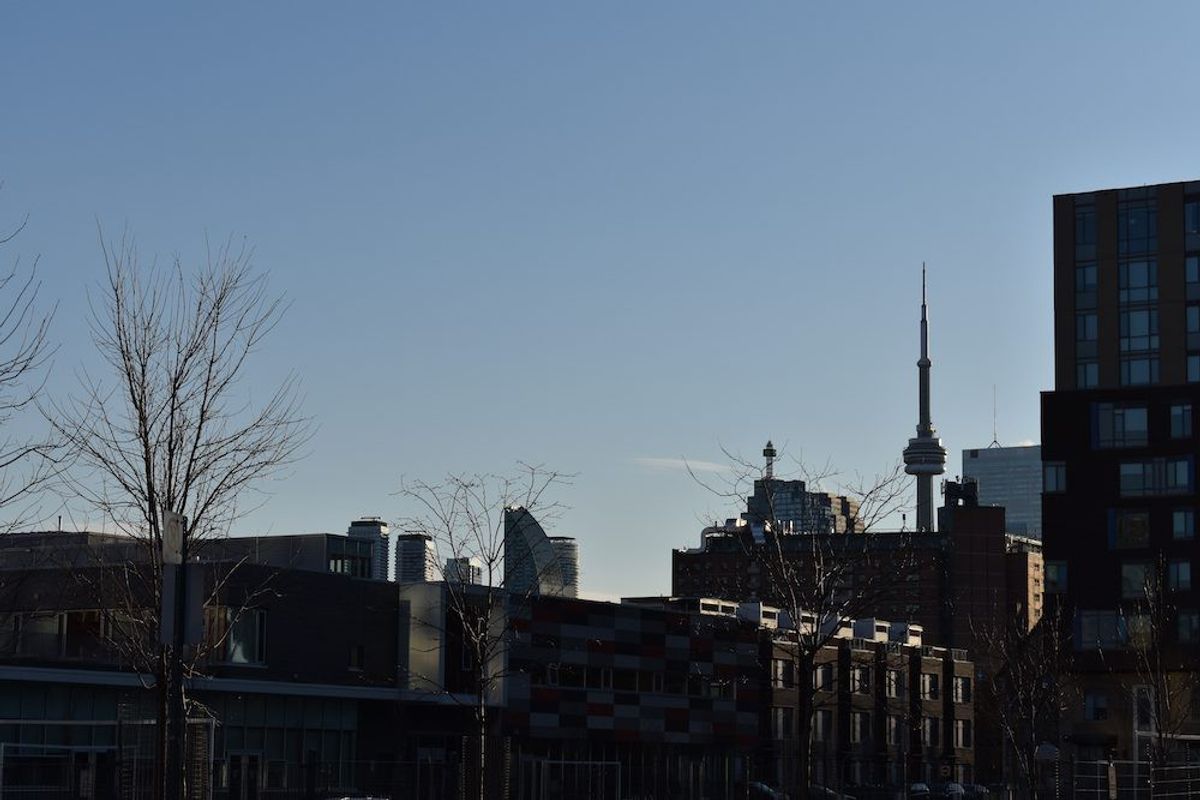A scorching hot real estate market isn’t for the faint of heart. It takes nerves of steel to bid on a home, cross your fingers, wait for phone calls, drink too much coffee/wine/whiskey, only to find out (usually late at night), that you’ve been outbid.
Instead of feeling cheated, remember there are always more properties coming onto the market every day.
Promise yourself to take full advantage of the next open house by asking the listing agent these 20 questions:
1. How long have the owners lived here?
Good to know, as you’ll get a sense of the neighbourhood, the motivation for selling, and a feel for the owners and their situation.
2. Why are they selling?
If the owners are moving because of horrible neighbours, rising crime rates or terrible schools, the agent won't clue you in. But ask it anyway, and if they hesitate or offer a rambling, half-baked answer, you might want to take note.
3. How long has it been on the market?
You can find this out from your own agent, but you’ll get more details and context from the listing agent. For instance, maybe it was listed and the buyers’ financing fell through. Or it’s expected to sell fast, which you can tell by asking whether there have already been offers.
4. What’s the seller’s expectation on price?
You might get a stock answer to this, ie. “As good a price as they can get!”, but occasionally an agent will be candid if only to encourage an offer, ie. “They're hoping to sell quickly so they can move out west before school starts.” This could signal flexibility, though admittedly, less likely in an overheated market.
5. What feedback have you received from other agents?
The agent might or might not offer up an answer to this, but consider this an opportunity to get to know them better. An agent at an open house—especially in a neighbourhood you’re targeting—could well be someone you’ll be working with in the future, either as a buyer or a seller. Pay attention to how they interact with you, and other visitors. Treat this casual conversation as an audition for a possible relationship down the road.
6. What’s the seller’s timeline?
Sometimes a bidding war can come down to timing. If you learn that a seller wants to stay until the end of a school year, or move at the end of summer holidays, you’ll increase your chances of winning the bid. The more you know about a seller’s motivation, the easier it is to craft the most appealing offer.
7. Would they consider taking anything below asking price?
It’s worth asking, since contrary to what the media would have you believe, not every property is subject to a bidding war.
8. Is there a specific day the owners are reviewing offers?
Essential information that your agent should be on top of as well. (If not, get another agent).
9. Will the seller entertain a preemptive bid?
(Don’t call this a bully bid, whatever you do.) Good to know, whether or not you’re thinking of offering them one yourself. This information could also open up an interesting discussion about the market in that area.
10. Is this the first open house?
This helps gauge interest in the property. If there have been several open houses, ask why. Their explanation should provide more helpful details, and the more you know the better armed you are as a buyer.
11. How has the open house traffic been?
This is just one indication of a property’s popularity, but it still gives you a sense of how the agent is feeling about the prospect of a sale. This information also serves as a good opening for a more wide-ranging discussion of the market in that area.
12. Are there any comparable homes listed?
This is helpful whether or not you’ve fallen in love with this particular property, since it will help disguise that fact (sneaky!) and make you appear neutral on the listing. If you’re not won over by this property, that agent might know of some others on the market, or coming up soon. It’s always good to have a jump on everyone else.
13. Are there any major property disclosures?
This is obviously important to know (and should be noted in the listing), but it also helps identify whether your agent is an honest broker. If this was a crack house, marijuana grow-op, or notorious in any way, it pays to ask. And then ask a neighbour.
14. Is there a home inspection report available?
Sometimes the owners or the listing agent will have already had this done, especially if it’s an older home. But in this market, it’s often left up to the buyer (and yes, always have a home inspection done).
15. Did the seller renovate or make any changes?
This is important to know, and while it’s almost certainly mentioned in the feature sheet, you’ll get more details from the agent. They can reveal information, such as who did the reno, which products were used, when it was done and why. Snap a few photos of anything you think might need to be taken into account should you be making an offer.
16. Are the systems up-to-date?
There’s still a fair bit of knob and tube wiring and asbestos insulation out there, so it’s good to find out beforehand what your immediate updating costs will be.
17. What’s the neighbourhood like?
It’s always interesting to get an agent’s point of view, particularly if they specialize in a particular area of the city (and many do). Budget a few hours before or after the open house to explore the neighbourhood, have a coffee, and talk to any locals willing to spill on their ‘hood.
18. Where can we get a bite to eat?
Hopefully the realtor knows the neighbourhood well enough to point you to a popular local spot. Spend an hour after the open house exploring the surrounding area, have a coffee, and talk to any locals willing to spill on their ‘hood.
19. Is there hardwood under the carpet?
Some people love hardwood, others could care less. It never hurts to ask, and the prospect of finding distressed, wide plank flooring might be a feature that actually appeals to you. Many people covered up parquet flooring as a matter of taste, but again, you might like it.
20. Do you have recent utility bills?
This is an excellent idea, however few buyers ask for them. Bills can tell you a great deal about the home’s energy efficiency, and whether there might be issues with water consumption (ie. leaky toilets).
Final Words of Wisdom
While open houses are great venues to ask questions and gather information, be careful not to give away more than you want known about your own situation. Being discreet about your finances and how much you love the home will benefit you when it’s time to make an offer.




















